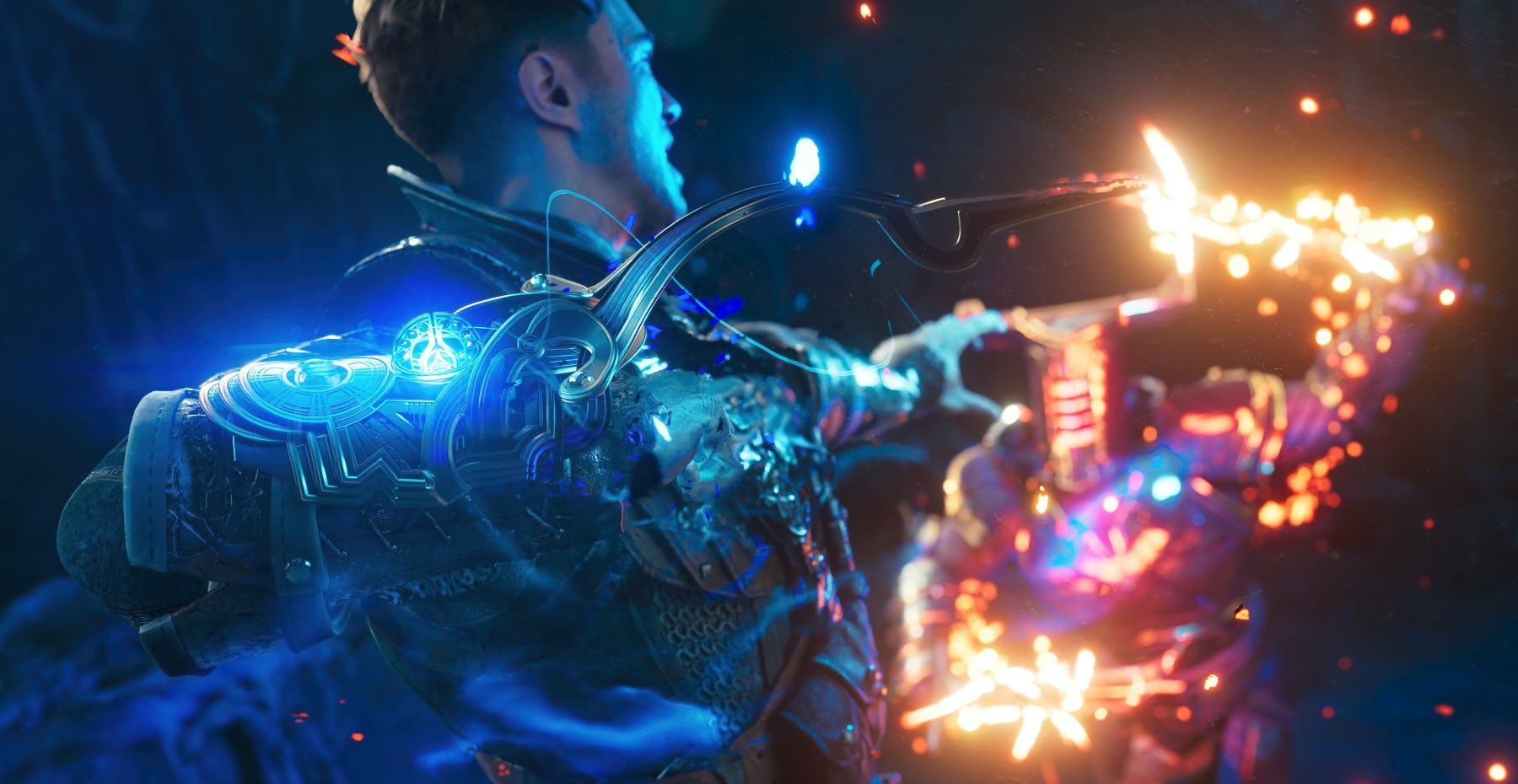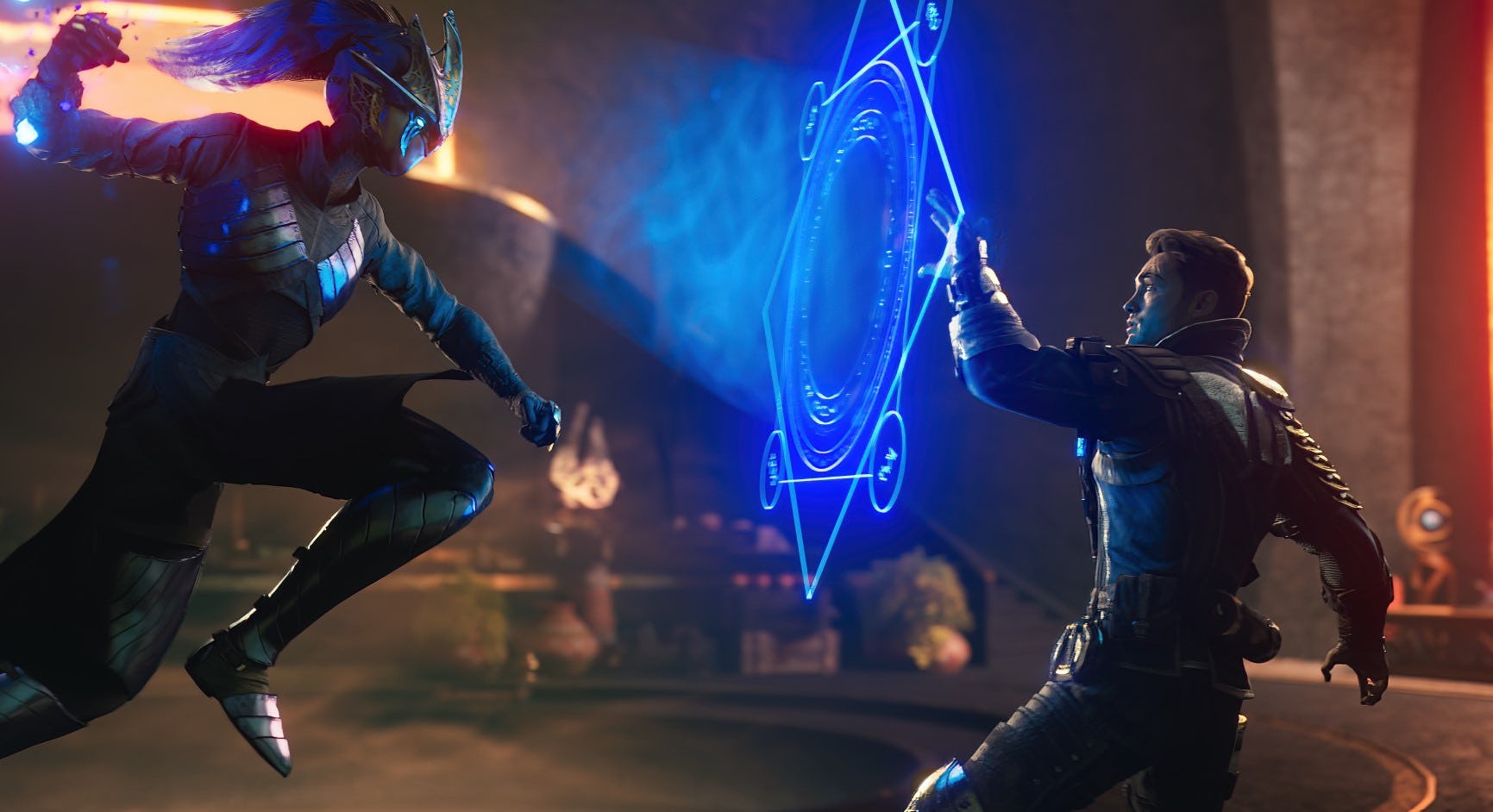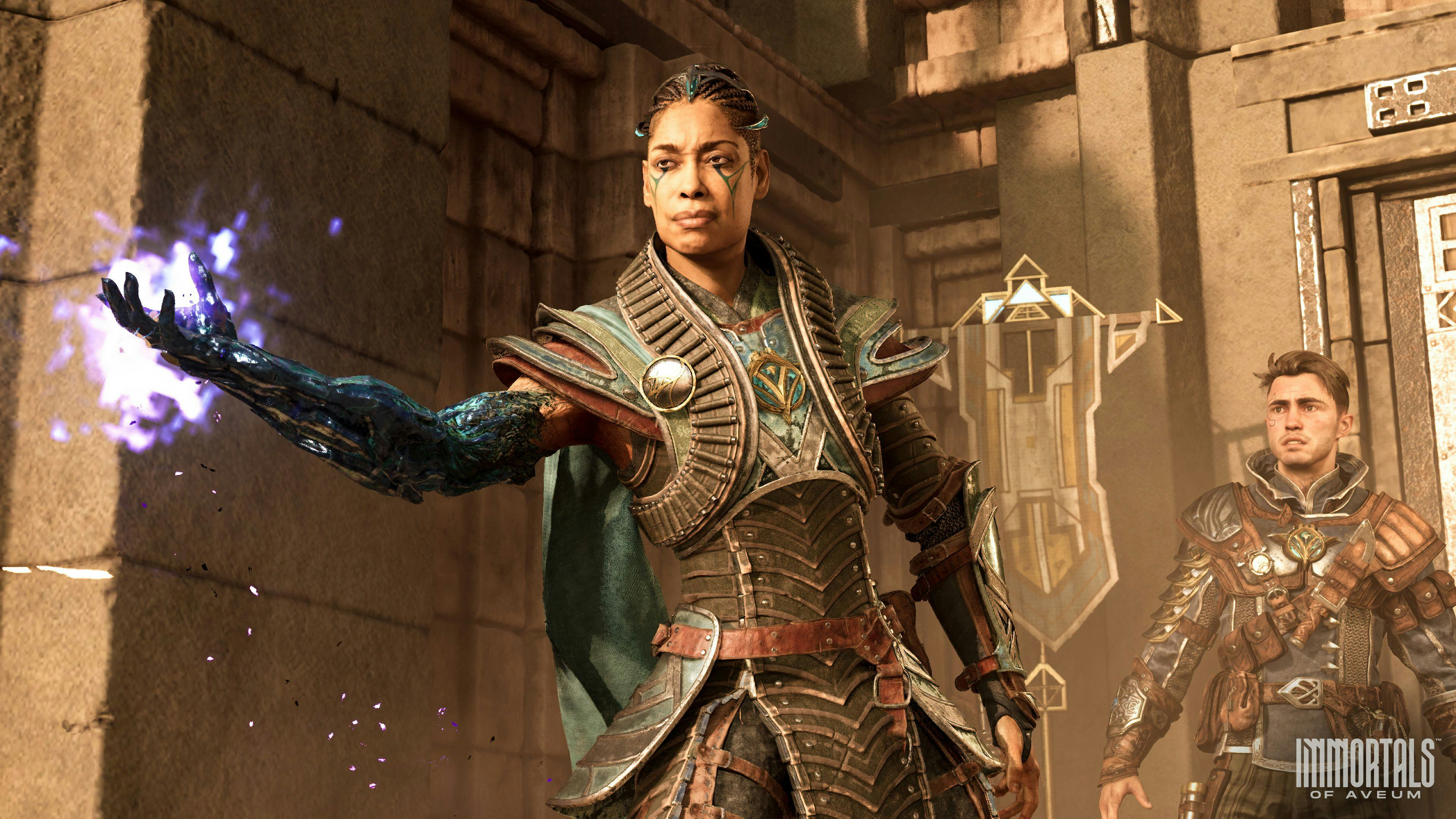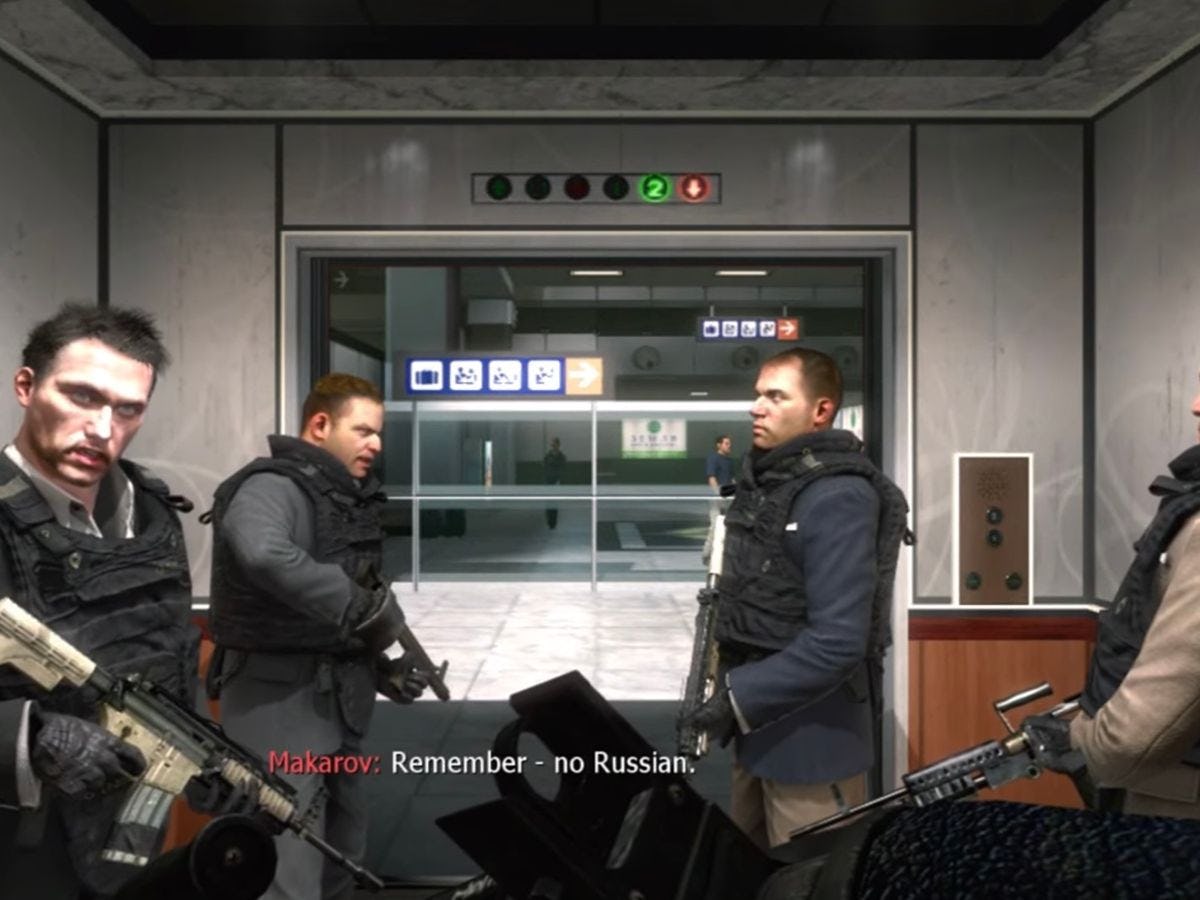
With its world of battle mages and hands that fire magic instead of pull triggers, Immortals of Aveum seeks to be a different kind of first-person shooter — one that eschews the military obsession of franchises like Call of Duty and Battlefield. The gameplay loop is satisfying and feels distinct from the current FPS market, but the game’s world cannot say the same.
Despite its fantasy setting, the main narrative here still centers on the military stories that dominate the FPS genre. Immortals of Aveum shows that the genre itself may never be able to escape its pro-military roots.

Immortals of Aveum starts in a trope-filled way. You are Jak, a poor thief trying to survive, who suddenly gets thrust into the center of a world-ending conflict. He soon discovers he has the ability to wield three types of magic, and he eventually becomes an elite battle mage, serving on the front lines.
This is where the cracks of Immortals of Aveum start to show, and its underlying connection to “realistic” military-shooters reveals itself. Jak and his elite force are no different than units like Navy SEALs and Delta Force or fictional units like Call of Duty: Modern Warfare’s Task Force 141.
The fantasy conflict that Jak takes part in is equally reflective of long-held conceptions of war that equate conflict with good vs. evil. Jak fights for his nation, something seen of as honorable and worth sacrificing his life for. The narrative has complexities and wrinkles that tease out some deeper critique of this basic understanding of nation-on-nation conflict, but at the end of the day it is not able to fully escape the idea that there needs to be some “good guy” who is able to pull the trigger (or fire the finger gun) in order to enact positive change through justified acts of murder.

Fantasy worlds are not created whole cloth from nothing. Whether intended or not, creators are always inspired by the world in which they live and the events that occur within that world. Consider Middle-earth’s commentary on war and industrialization that are clearly inspired by Tolkien’s experiences in the first world war, in addition to his racism coming out on the page in his depiction of racialized people in Middlle-earth.
Immortals of Aveum similarly reflects the world of its creators, and is in conversation with the FPS franchises it hopes to differentiate itself from. Though the overall depiction of heroic individuals in war in both Immortals of Aveum and something like Call of Duty feels one and the same. Which raises the question — how could a fantasy shooter still feel so much like a “realistic” shooter?
The answer lies in the idea of what a “realistic” shooter is. It typically refers to first-person shooters that take place in a lightly fictionalized version of our world and follow a cast of military or military-adjacent individuals accomplishing missions that benefit the country or ruling body they serve.
The reality of the “realistic” shooter is that it is not realistic at all. It is just as fantastical as the magic-infused world of Immortals of Aveum.
Call of Duty and franchises that fall into the same category of FPS are Tom Clancy-esque narratives of grand military operations that save the world, no matter what the operatives do. They also seek to alienate the player from the enemy as much as possible, amping up the idea of good vs. evil to avoid any guilt on the part of the player.

“Realistic” shooters have often accomplished this by feeding into harmful narratives of the nebulous terrorist organizations seeking to threaten world peace (which must be defended by Western superpowers). Immortals of Aveum wants to abandon the complexities that so often hinder military shooters, but the core mechanics of the FPS are intrinsically linked with how we think about state-sanctioned violence. Every FPS requires the player to accept that there is a need for killing in the world — as long as it is enacted by the correct people.
As discussed by Game Assist in its video “The War Economy” | Neocolonialism in Games, the shooter video game is inseparable from the Military-Entertainment Complex, which seeks to mythologize the military in the eyes of the public. This is the socioeconomic system that helped bring the FPS into popularity, and while Immortals of Aveum makes an effort to break out of this, the game’s failure to do so is only evidence that the FPS genre is forever tainted.







